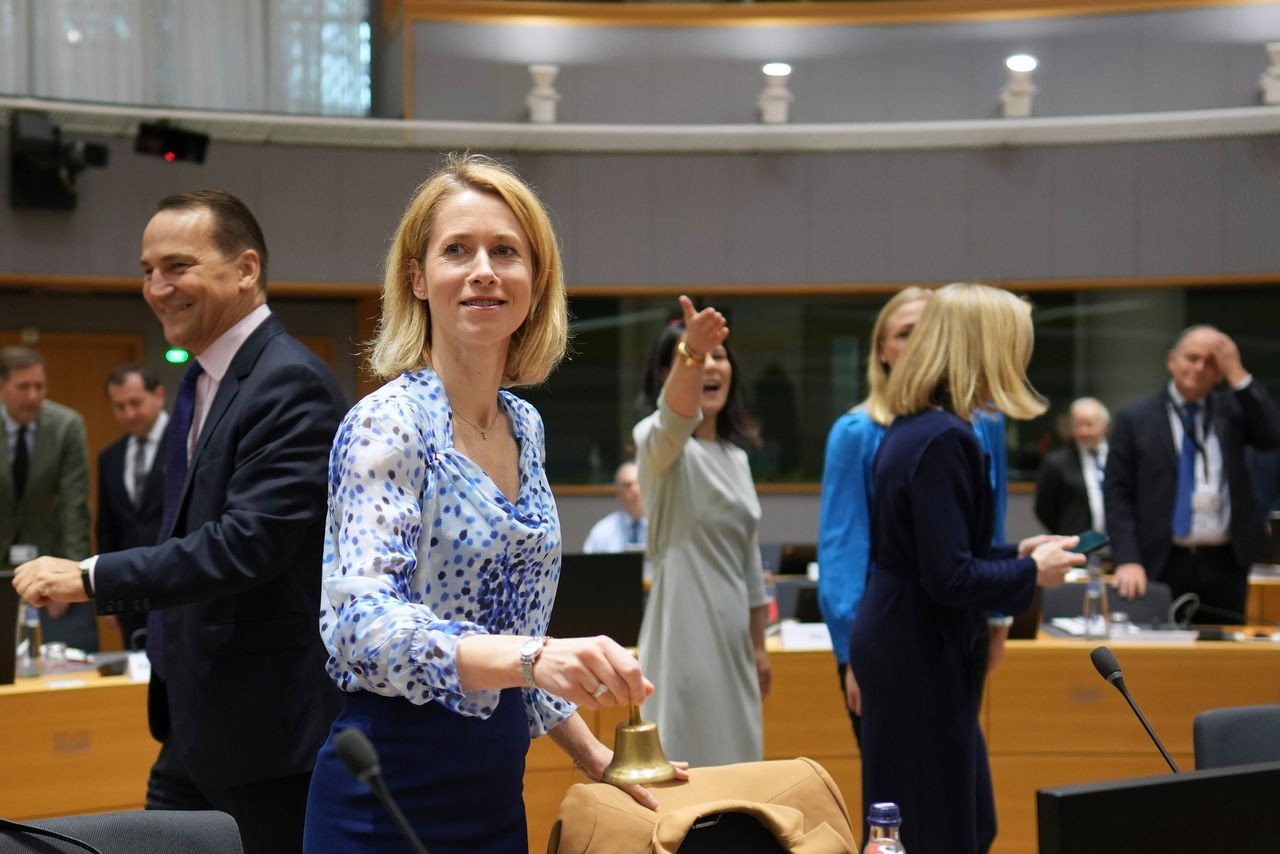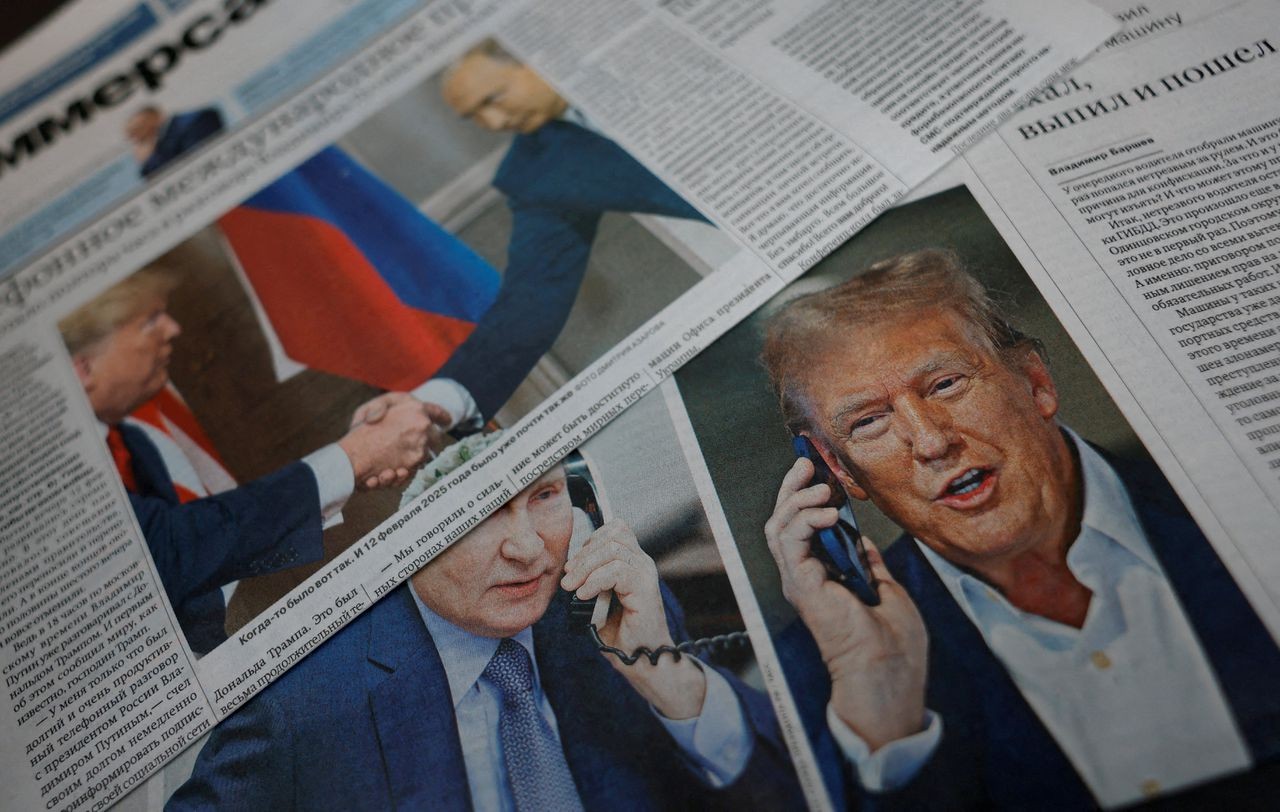By Vera Rodríguez Corcho,
Because of its deeper and gradual integration, the group of 27 member states have faced many challenges throughout its history. This succession of intersecting crises, called “polycrisis”, has produced unity or division within the international organization. Some of these episodes range from the financial crisis in 2009 to Brexit in 2018 or the outbreak of the war in Ukraine in 2022. Now, there seems to be an existential crisis related to security that questions the survival of the peace project, embedded in a broader world order that favors polarized alliances.
Donald Trump’s assertive discussion of foreign policy seems to be conducting the European Union into another one of these crises. The White House asks European powers to invest at least 5% of their GDP in defense, an increase that, he says, should be done individually by each Member State. Many speculate about the reason for this request. Some say that Washington does not want Europe to depend on US aid against a potential confrontation with Russia, especially now that the North American power is focused on its conflict with China, and it might want Russia’s support for that. Others, more skeptical, also theorize that Donald Trump wants to sell more weapons to European powers to enrich the US.
Regardless of what lies behind Washington’s renewed assertiveness, Brussels must decipher what to do with the security problem. There seems to be a will to detach the Union from dependencies across the Atlantic in this conversation. To build deterrence, the Commission is negotiating to invest 800.000 million euros in defense in the upcoming four years. This money will come vastly from Member States (650.000 million euros), and the institution will give the rest. However, burdening EU nations might be counterproductive in building independence in defense imports, as the market for weapons is incredibly US-dependent. Figures show that, in recent years, the 27 EU nations have placed two thirds of their orders in US defense companies.
Beyond security, there is a challenge beyond the EU’s borders. Multilateral organizations, where many countries negotiate together, are losing strength in international politics. The World Trade Organization (WTO) and the United Nations (UN) are platforms. The atrophy of multilateralism is evident in how states form alliances with one another and how much importance is given to these supranational organizations. Trade is a prime example of this trend; bilateral trade agreements have increased compared to multilateral agreements within the WTO. This trend is partially explained by the strengthening of actors criticizing Western dominance in the WTO (e.g., China, India, Brazil, or South Africa). Other factors, such as the US-China trade wars in the context of the first Trump presidency and supply chain diversification, have also contributed to this trend.
This reality constitutes a challenge for many reasons. Two of them are shared standards and international law. On the one hand, without these organizations of global reach, international standards on essential topics are more challenging to achieve. For instance, creating a shared consensus on artificial intelligence or data protection is vital for economic exchanges between countries, but it is even more critical for human rights protection worldwide. On the other, international law might lose strength. International law lacks sanctioning capacity, and only works without sanctioning capacity because multiple partners agree upon it, and there is a consensus on rules. With a more fragmented landscape worldwide, international law might cease to exist.

Therefore, the region has many challenges, including security and the need to uphold a multilateral vision. These challenges threaten the survival of the European project at a very existential level, both internally and externally. According to research, these questions tend to produce a positive polarization, where member states converge and cooperate more deeply. When policy-makers perceive a crisis with such gravity, security, and defense tend to be more salient in the political debate but much less polarized. Policy-makers give priority to cohesion. However, the rise of far-right parties, with Putin and Trump as allies, might complicate this exchange. What the European Union becomes after this challenge remains to be seen. It partly depends on the Member States’ capability to interpret this challenge as an existential threat and their strategic vision to favor independence and multilateralism.
References
- Gastar más no basta: Europa necesita poder defenderse sin Estados Unidos. EOM. Available here
- The EU between unilateral sustainability approaches and bilateral trade agreements . SWP. Available here
- The polycrisis and EU security and defence competences. Routledge. Available here




